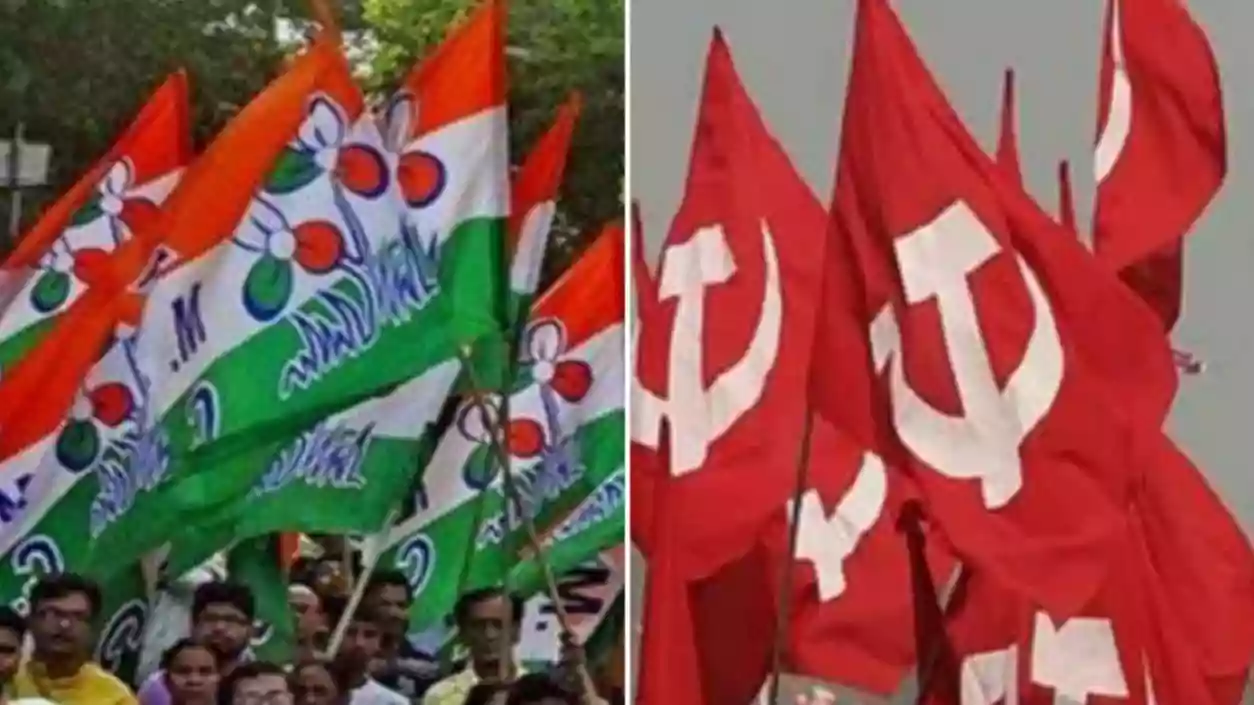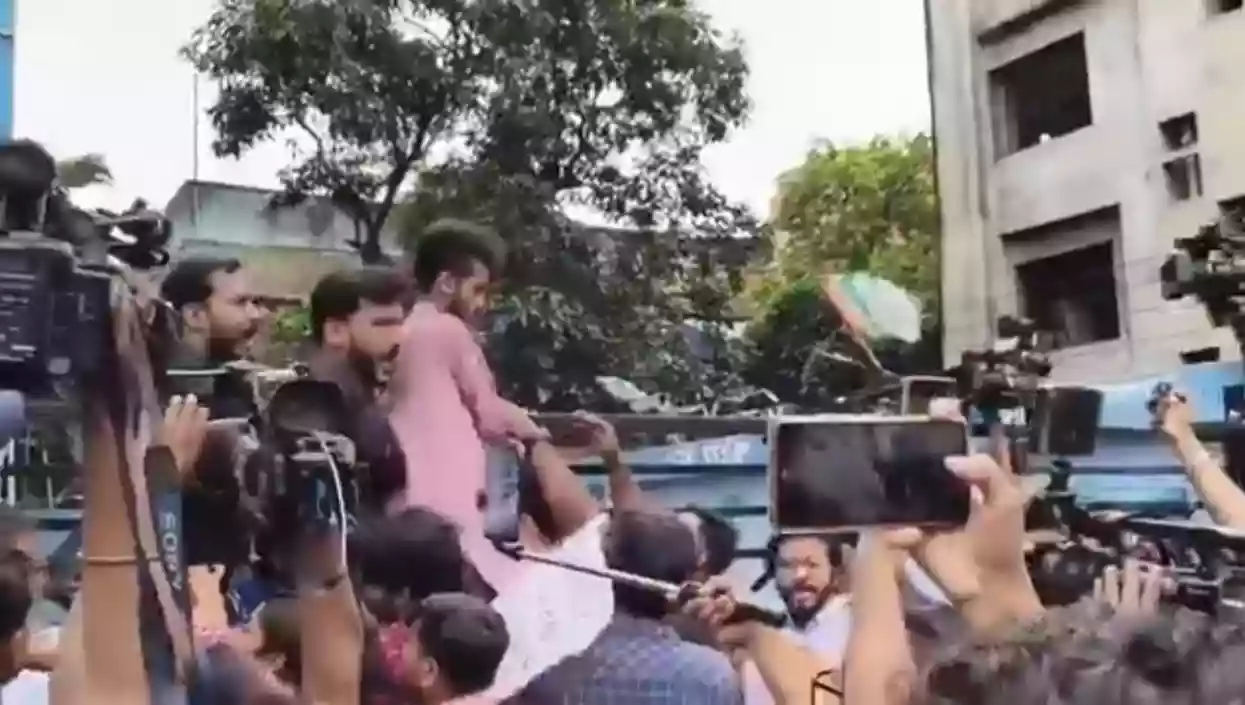Protests erupt outside Kasba Police station as 3 arrested in alleged Kolkata college gang rape
.gif)
.gif)

Political tension in West Bengal has escalated following Governor Dr. C.V. Anand Bose’s recommendation to the Union Ministry of Home Affairs to impose Article 356 in the state, citing the recent communal violence in Murshidabad. The recommendation has sparked fierce opposition from both the ruling Trinamool Congress (TMC) and the Communist Party of India (Marxist) [CPI(M)], with both parties rejecting the idea of central intervention and President’s Rule.
CPI(M) State Secretary Mohammad Salim voiced his strong opposition to the imposition of President’s Rule, arguing that it would not solve the state's problems. He acknowledged the law and order issues faced by Chief Minister Mamata Banerjee’s administration but emphasized that central control was not the solution. Salim pointed to Bengal's history with President’s Rule, stating, "Bengal has experienced the bitter consequences of President’s Rule in the past," referring to the failures of central intervention in Kashmir and Manipur.
TMC leaders have also strongly criticized the governor’s report, describing it as biased and politically motivated. They accused the governor of working in favor of the Bharatiya Janata Party (BJP) and advancing its agenda. Showcasing their disagreement, West Bengal Parliamentary Affairs and Agriculture Minister Shobhandeb Chattopadhyay remarked that the governor’s recommendations seemed to reflect the central government’s direction rather than an impartial assessment of the state’s governance.
In his report, Dr. Bose highlighted the Bengal government’s inability to prevent the recent communal violence, despite previous successes in addressing left-wing extremism. He noted the deficiencies in the state police force, citing staff shortages and resource constraints. This, according to the governor, led to the frequent need for central forces to be deployed in regions like Murshidabad, which witnessed intense violence.
The debate surrounding Article 356 has intensified the rift between the state government and the governor. While the state government has defended its handling of law and order, the call for central intervention raises questions about the future governance of West Bengal. The political discourse is now focused on whether the governor's recommendation will lead to further tensions or prompt a shift in control over the state’s affairs.
.webp)
Muslim family leads 400-year-old Rath Yatra in Howrah symbolising Bengal’s communal harmony

Protests erupt outside Kasba Police station as 3 arrested in alleged Kolkata college gang rape